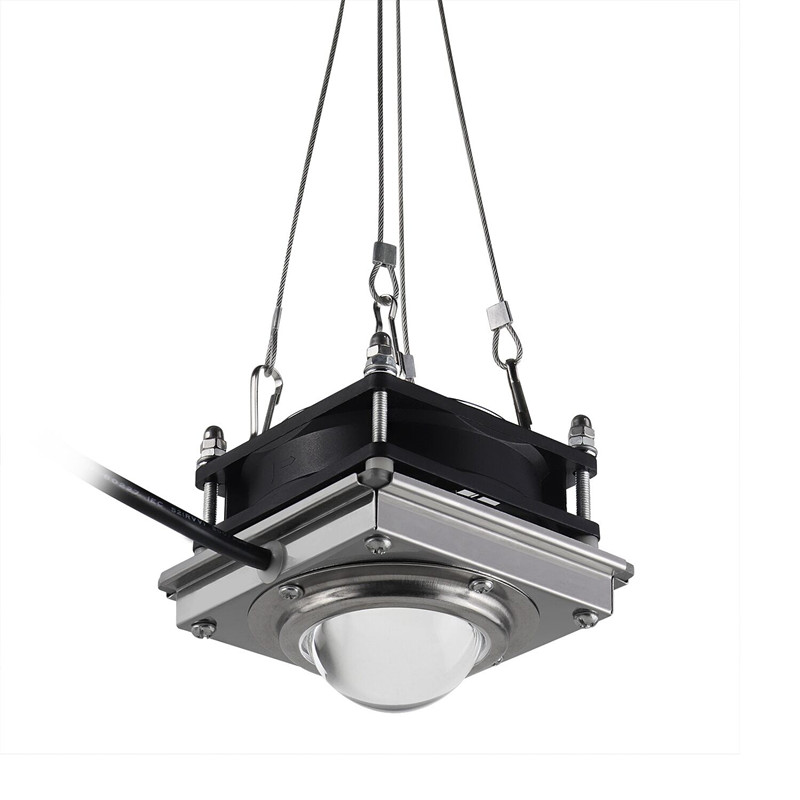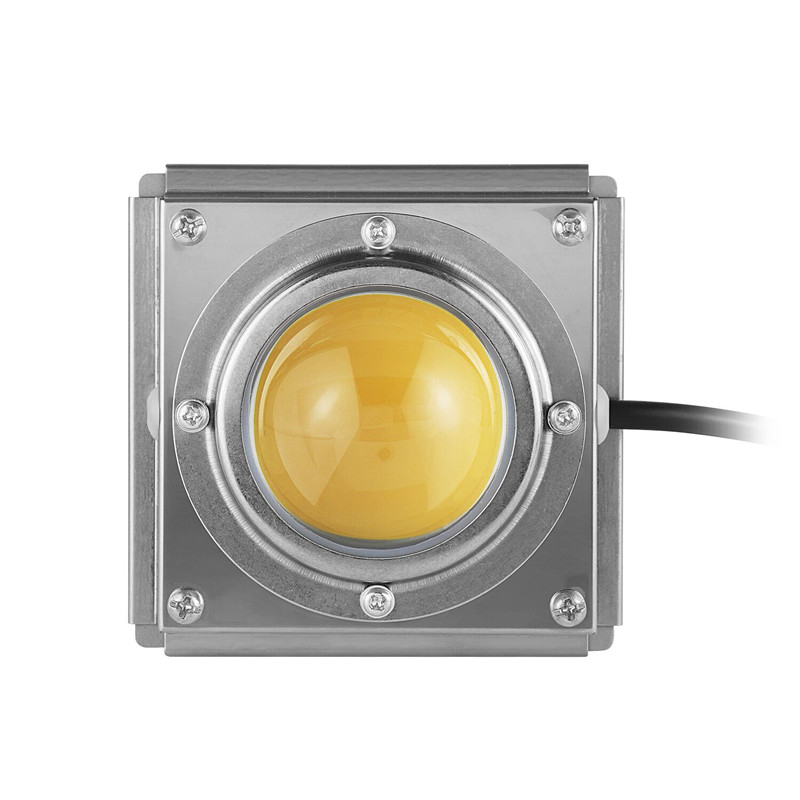Xinhua News Agency, Beijing, February 22nd (Cai Mengxiao, Di Dongna) According to Xinhua News, the world's largest clone factory landed in Tianjin Binhai New Area. At present, this plant, which has invested 200 million RMB, has completed 80% of its construction and is scheduled to be put into production in 2016. In the first phase, it will realize the production of 100,000 cloned cattle embryos per year.
Faced with such a large-scale cloning factory, the public appears to have doubts. According to a report in the "Science and Technology Daily", a survey showed that most people do not understand cloning technology. When it comes to cloning foods, most people show an attitude of rejection or even fear. According to another survey, 15 of the 30 foreign students from eight countries including the United States, Russia, Kazakhstan, Egypt, and Cuba on four continents stated that they do not eat cloned meat.
Obviously, the public’s concern is focused on whether the food safety of cloned animals can be guaranteed. Is it safe to eat a cloned animal? Is there a difference between a cloned animal and a normal animal? Does the cloned meat enter the market for regulatory approval?
Regarding these issues, Xinhua interviews interviewed Dr. Xiaoyan Xu, Chairman of Boya Holding Group, a wholly-owned parent company of Tianjin Cloning Factory.
Can food be cloned?
Interview with Xinhua: How does a clone plant produce cloned animals?
Xiaoyan Xu: The cloning technique only needs to take an ordinary somatic cell from the cloned animal, or even just a hair follicle, enough to obtain all the genetic information, and then transplant the somatic cell nuclei to the nucleus-removing eggs. In the mother cell, the oocyte can be transplanted into the uterus of the surrogate mother to produce exactly the same replica.
Xinhua interview: What is the difference between cloning and genetic modification?
Xiaoyan Xu: The difference between cloning and genetic modification is that I have a glass of clear water on hand. I pour half of it for you. This is cloning, because this is two cups of water; if I pour half a cup of water for you, and then add coffee, this is genetically modified. Because what you drink is different from what I drink, it has changed.
Is there a precedent for the commercialization of cloned foods?
Xinhua Interview: Does the safety of cloning technology applied in the food field require long-term verification?
Xiaoxi Xu: In fact, the use of clones for commercial use is very common. Nowadays, fruits and vegetables sold in supermarkets, such as strawberries and bananas, use plant cloning technology. In my opinion, cloning technology makes food better.
As far as I know, plant cloning technology was invented in the 1960s and began commercial application around the 1980s. Animal cloning technology is about 30 years later than plant cloning technology. By the year 2000, the United States, Japan, and Korea have successively applied cloning techniques to breed high-quality cattle and improve population quality. The purpose of our animal cloning factory is to clone animals. Technology better serves the livestock industry.
Xinhua Interview: Has the cloned beef been sold in the market? Is there a cloned cattle company in the world?
Xu Xiaotong: According to my understanding, there is currently no sales of cloned beef in China. Globally, the United States, Japan, South Korea, Brazil, and Australia all have cloned cows produced, but they are all very small scales. In contrast, the United States may be the largest. Its role is mainly to improve the population. In these countries, cattle are used for meat. After three or four hundred years of accumulation, sufficient populations have been established. Therefore, the demand for this technology is very small.
Is it safe to eat cloned animals?
Interview with Xinhua: Are the food safety of cloned animals safe? Is there a difference with natural breeding animals?
Xiaoyan Xu: The FDA official website can find out that the United States has already conducted a comprehensive inspection of cloning technology, and analyzed the safety of clone technology, the health of cloned animals, and social risks. They started research in 1999 and published a research report on cloning technology and the safety of cloned foods in 2006. The survey yielded two conclusions: First, cloned animals are not much different in health or life from natural animals; second, there is no difference in beef or milk produced by cloned cattle from natural beef milk, regardless of any Take a look at the indicators.
How to regulate cloning or genetically modified foods? China is far stricter than the United States
Xinhua Interview: Does Cloning Cattle Enter the Market Need Special Mark?
Xu Xiaotong: Since there is no way to distinguish whether milk or beef is produced by cloned cattle, the US FDA does not require any labeling of beef and milk produced by cloned cattle and offspring. This is the conclusion of the United States.
At present, the world’s major beef and dairy production areas, including the United States, Australia, Japan, South Korea, and Brazil, have official documents that allow cattle to be cloned and do not require labelling.
Interview with Xinhua: At present, are there relevant regulations on the safety of animal cloning in China?
Xu Xiaotong: At present, China has not formed a large-scale market for cloning farm animals. However, all meat products entering the market must meet all current food safety standards. In fact, I think China's requirements in the field of cloning or genetically modified livestock and animal husbandry are more stringent than those in the United States.
We all know that the FDA recently allowed the listing of genetically modified salmon. However, in fact, Chinese scientists have made breakthroughs in the technology of transgenic fish. However, the transgenic fish is not listed in China. Therefore, China's requirements and specifications for genetic modification are stricter than in the United States.
In cloned farm animals, there is no way to distinguish between cloned farm animals and ordinary farm animals. So I think what we need to do now is not to invent a way to distinguish between clones and non-clones, but to Establish a higher and safer market access standard for meat products.
In retrospect, is there any standard requirement for cloned cattle? I think there is no unified standard, not only in China, but also in the United States.
2020 Hottest cob grow light diy model, 200w grow light, cob grow light, high power grow light, etc.
Can also do OEM/ODM service, More cob Led Grow Lamp is a great ideal for all kinds of indoor garden plants: lettuce, orchid, organic herbs, pepper, strawberries, succulent, hydroponic, medical plants.
Whether it's hydroponics, plants in soil, you can add a touch of magic to every veg and flower with Xeccon grow lights.


Cob Grow Light,Best Cob Led Grow Light ,Grow Light Cob Diy,Diy Grow Light
Shenzhen Wenyi Lighting Technology Co., Ltd , https://www.wygrows.com